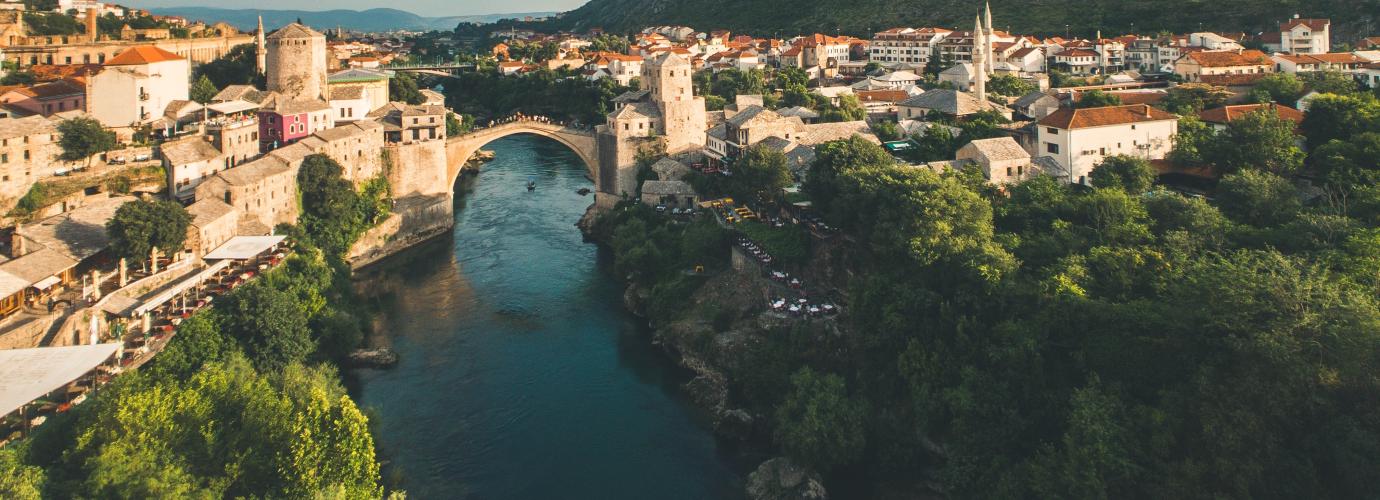The Ministry of Civil Affairs of BiH is responsible for carrying out activities and tasks within the jurisdiction of BiH related to defining basic principles of coordination of activities, harmonization of plans of entity bodies and defining strategy at the international level, including, among others, education. The Agency for Higher Education and Quality Assurance, Center for Information and Recognition of Qualifications in Higher Education and the Agency for Preschool, Primary and Secondary Education have been established at the BiH level. The bodies for the coordination of the education sector have also been formed including the Conference of Ministers of Education in BiH and the Council for General Education in BiH. The Rectors' Conference of Bosnia and Herzegovina has also been established and it defines and represents the common interests of universities in Bosnia and Herzegovina, cooperates with education institutions in Bosnia and Herzegovina and acts as an advisory body for the implementation of the reform of higher education. Only eleven Ministries of Education and the Department of Education of the Brčko District of BiH have sole competence in education. Bosnia and Herzegovina education system is organized into four main levels: preschool, primary, secondary and higher education. Educational institutions are mainly public and private. Preschool education is an integral part of the educational system in BiH and in the year prior to enrollment in primary school it is compulsory for all children of preschool age. Primary education lasts nine years and is compulsory for all children. It starts in the calendar year in which, until 1 April, the child has reached six years of age. Secondary education is accessible to all, in line with their performance in primary school, personal interests and abilities. Access to higher education is granted to all those who have completed four years of secondary school in Bosnia and Herzegovina. According to official statistics there are 10 public and 39 private higher education institutions in BiH.

